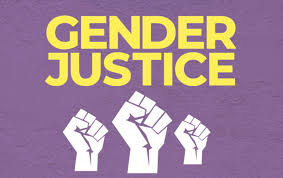Gender Justice and Law: Progress, Challenges and the Road Ahead

Gender justice is about making sure that everyone, regardless of gender, enjoys the same rights, dignity and opportunities. In India, the Constitution promises equality before the law and protection from discrimination. Over time, our legal system has tried to live up to that promise, though there is still a long way to go.
The progress so far is encouraging. The famous Vishaka judgment helped protect women at work, leading to the POSH Act in 2013. After the 2012 Delhi gang rape case, stronger criminal laws were introduced. In 2018, the Supreme Court also decriminalised Section 377, ensuring that LGBTQ+ persons could live with dignity and without fear of prosecution.
But challenges remain, crimes like domestic violence and sexual assault are still common, and many cases go unreported because victims fear stigma. Women from rural or marginalised communities face even more barriers. Many workplaces, especially in the informal sector, still do not follow laws designed to protect women.
Looking ahead, we need stronger enforcement, better awareness, and real cultural change. Schools and universities play a big role here. At Presidency School of Law, Presidency University students are encouraged to think critically about justice, equality and inclusion. By studying law with a gender lens, future lawyers and policymakers can help build a society that is fair to all.
The journey towards gender justice is ongoing. With laws, education, and collective action, we can ensure that equality exists not just in books, but in people’s everyday lives.
Written by,
Dr. Alisha Pradhan
Assistant Professor, Presidency School of Law













 Rajanukunte, Yelahanka, Bengaluru, Karnataka, Pin: 560119, India
Rajanukunte, Yelahanka, Bengaluru, Karnataka, Pin: 560119, India
 +91 9022092222
+91 9022092222